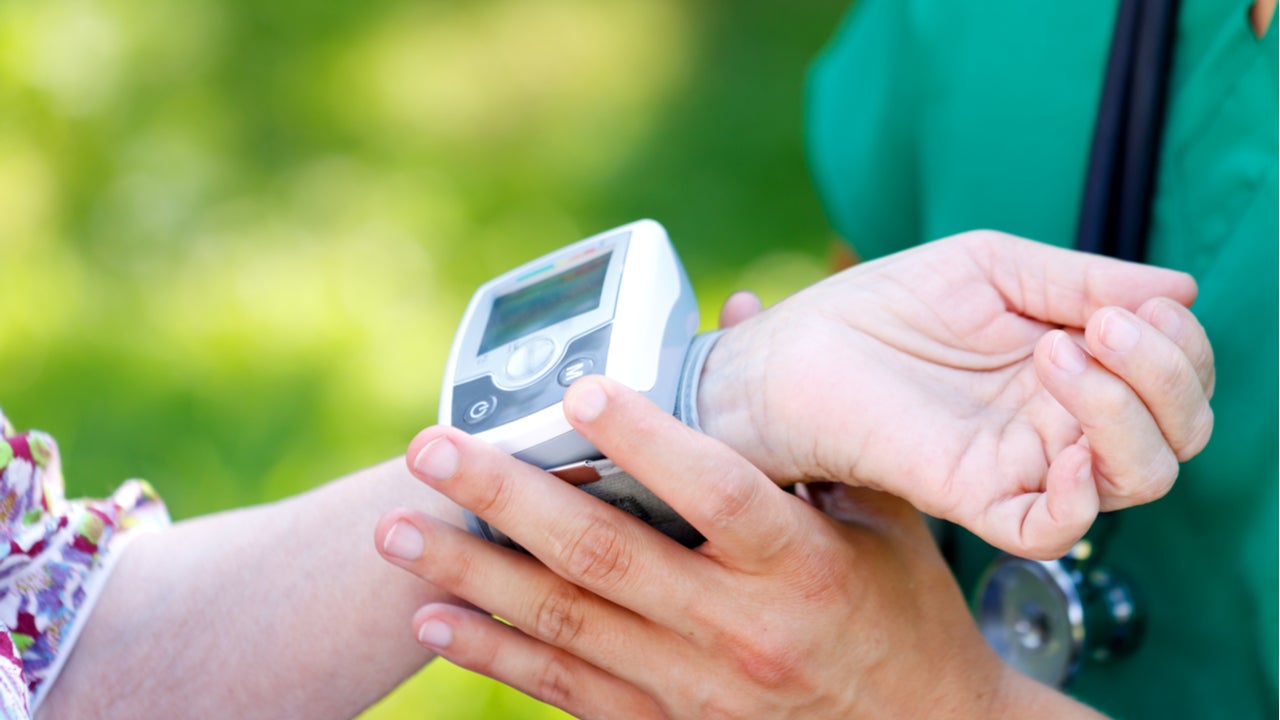
Bill Gates’ tweet leads as Verdict lists five of the top tweets on Covid-19 technology in Q3 2021 based on data from GlobalData’s Influencer Platform.
The top tweets were chosen from influencers as tracked by GlobalData’s Influencer Platform, which is based on a scientific process that works on pre-defined parameters. Influencers are selected after a deep analysis of the influencer’s relevance, network strength, engagement, and leading discussions on new and emerging trends.
The most popular tweets on Covid-19 technology in Q3 2021: Top five
1. Bill Gates’ tweet on the use of digital health tools for Covid-19
Bill Gates, co-founder of technology company Microsoft, shared an article on how digital health tools have helped to save lives during the Covid-19 pandemic. Gates highlighted a research carried out by Exemplars in Global Health, an international research collaboration providing evidence-based insights on funding and support decisions undertaken by countries. The research highlighted how digital health tools have been effectively developed and deployed to diagnose and respond to pandemics in countries such as Sri Lanka, Vietnam, Nigeria, Burkina Faso, South Africa, and Uganda.
The research noted that digital health tools such as SORMAS was deployed in Nigeria to track Covid-19, DHIS2 in Sri Lanka to track and prevent Covid-19, and CommCare in Burkina Faso and Smart Health (Medic) in Uganda for case management. Furthermore, HealthConnect was deployed in South Africa for risk communication and community engagement, NCOVI and others in Vietnam for contact tracing, and Co-WIN in India to record Covid-19 vaccination response.
Advancements in smartphone connectivity, innovative point-of-care diagnostics, reduced costs, and improved data-systems helped to transform the Covid-19 pandemic response implemented by low-to-middle-income countries (LMICs), the research detailed. Additionally, telemedicine, telehealth, and digital contact tracing and surveillance systems were found to be particularly helpful in tackling the pandemic.
COVID-19 has highlighted how digital tools can save lives. I’m encouraged by @ExemplarsHealth research highlighting how technologies in Nigeria, Sri Lanka, Burkina Faso, Uganda, South Africa, and Vietnam can be scaled to detect and respond to pandemics. https://t.co/x1W7IyhSnP
How well do you really know your competitors?
Access the most comprehensive Company Profiles on the market, powered by GlobalData. Save hours of research. Gain competitive edge.
 Company Profile – free sample
Company Profile – free sampleThank you!
Your download email will arrive shortly
Not ready to buy yet? Download a free sample
We are confident about the unique quality of our Company Profiles. However, we want you to make the most beneficial decision for your business, so we offer a free sample that you can download by submitting the below form
By GlobalData— Bill Gates (@BillGates) July 9, 2021
Username: Bill Gates
Twitter handle: @BillGates
Likes: 1,856
Retweets: 243
2. David Holm’s tweet on the use of AI models to detect Covid-19
David Holm, partner at Xplorico, a venture capital and private equity firm, shared an article about researchers using artificial intelligence (AI) models for image-based identification of Covid-19. AI models are being used along with medical imaging techniques to advance diagnostic abilities, the article detailed.
Researchers from the Terasaki Institute for Biomedical Innovation (TIBI) have developed a model using AI to detect Covid-19 using images. The researchers first used a model to collect imaging information and characteristics from the lungs that is not visible to the naked eye. The information collected was then examined to identify potential Covid-19 biomarkers. The diagnostic biomarkers were then used to distinguish patients suffering from Covid-19 patients, pneumonia, and healthy individuals.
The model was created using 704 chest X-rays and then validated with 1,597 cases from various sources including healthy individuals and those suffering from pneumonia and Covid-19. The model revealed extraordinary results in classifying the diagnoses of different patients, the article noted.
Researchers employ #artificialintelligence models for image-based detection of COVID-19! https://t.co/P4XLJXj3B5
By @dataworkout via @cloudpreacher #AI #DataScience #100DaysOfCode #Python #MachineLearning #BigData #DeepLearning #NLP #Robots #IoT #Innovation #tech #Startup
— David Holm (@cloudpreacher) August 29, 2021
Username: David Holm
Twitter handle: @cloudpreacher
Likes: 57
Retweets: 197
3. Ronald van Loon’s tweet on Covid-19 testing robot
Ronald van Loon, CEO of the Intelligent World, an influencer and analyst network, shared a video of a Covid-19 testing robot developed by Mahmoud el-Komy, an Egyptian inventor. The Cira-03 robot is expected to help in reducing human exposure to the virus and prevent the transmission of the disease.
Cira-03 can complete several tasks including collection of blood samples, and take echocardiograms and X-rays for coronavirus testing and evaluation. The robot conducts Covid-19 testing by collecting swab samples from the inside of a patient’s throat. It also alerts people who are not wearing masks.
An inventor in Egypt has created a COVID-19 testing #Robot
by @DigitalTrends#ArtificialIntelligence #BigData #MedTech #Automation #RPA #ML #AI #Robotics #HealthTech #Innovation #TechCc: @chr1sa @stanfordnlp @wesmckinn pic.twitter.com/pWtxezeqjt
— Ronald van Loon (@Ronald_vanLoon) September 5, 2021
Username: Ronald van Loon
Twitter handle: @Ronald_vanLoon
Likes: 183
Retweets: 121
4. Paula Piccard’s tweet on a face mask that detects Covid-19
Paula Piccard, an independent social media marketing manager, shared an article on a Covid-19 detecting face mask being developed by engineers from the Massachusetts Institute of Technology (MIT) and Harvard University. Researchers claim that the face mask can identify the SARS-CoV-2 virus in the breath of the wearer within 90 minutes. The mask features biosensor technology that is inserted in the fabrics and is designed to detect any toxin or virus.
The article noted that the biosensor is based on the new wFDCF (wearable freeze-dried cell-free) technology, which, unlike other sensors, does not include living cells, but extracts and freeze dries the components of a cell that is required to detect biomolecules. The wFDCF technology was also used to create diagnostic tools for Zika and Ebola viruses. Preliminary tests suggest that the diagnostic face mask is highly accurate in delivering Covid-19 results compared to the current PCR tests, according to the article.
MIT and Harvard engineers develop face mask that detects COVID-19https://t.co/tojzycpkPp#MachineLearning #5G #DataScience #100DaysOfCode#Python #Cybersecurity #BigData #AI #IoT #DeepLearning#ArtificialIntelligence #NLP #robots #Industry40 #Science pic.twitter.com/MZdn7vEgoN
— Paula Piccard (@piccard_paula) June 30, 2021
Username: Paula Piccard
Twitter handle: @Paula_Piccard
Likes: 38
Retweets: 105
5. Iain Brown on AI screens for Covid-19 being faster than lateral flow tests in identifying the virus
Iain Brown, head of data science at software company SAS, shared an article on how AI screens for Covid-19 have been 26% faster in identifying the virus than lateral flow tests. The CURIAL-Rapide AI screening test created by the University of Oxford researchers, for example, uses data from the tests performed on a patient at the time of hospital admission to identify symptoms related to the SARS-CoV-2 virus. It is an upgraded version of the CURIAL-1.0 system, which was evaluated and launched in 2020, the article detailed. CURIAL is considered to be a cost-effective AI-based screening tool, as no other tests are required to be performed for Covid-19 screening.
The article added that an assessment by the Oxford University Hospitals in Oxfordshire found that lateral flow tests delivered negative results for almost 43% of all the admitted Covid-19 patients. Experts believe that other modes of Covid-19 screening are required in clinical set-ups as the turnaround time for PCR test results is between 12 and 24 hours in some remote areas or large hospitals in the UK. The delay in delivering the results could impact the provision of treatment and increase the burden on hospitals.
Artificial Intelligence Screens for COVID-19 26% Faster Than Lateral Flow Tests – Technology Networks
Read more here: https://t.co/GdbBRxlau5#ArtificialIntelligence #AI #DataScience #100DaysOfCode #Python #MachineLearning #BigData #DeepLearning #NLP #Robots #IoT
— Iain Brown, PhD (@IainLJBrown) September 8, 2021
Username: Iain Brown
Twitter handle: @IainLJBrown
Likes: 32
Retweets: 85





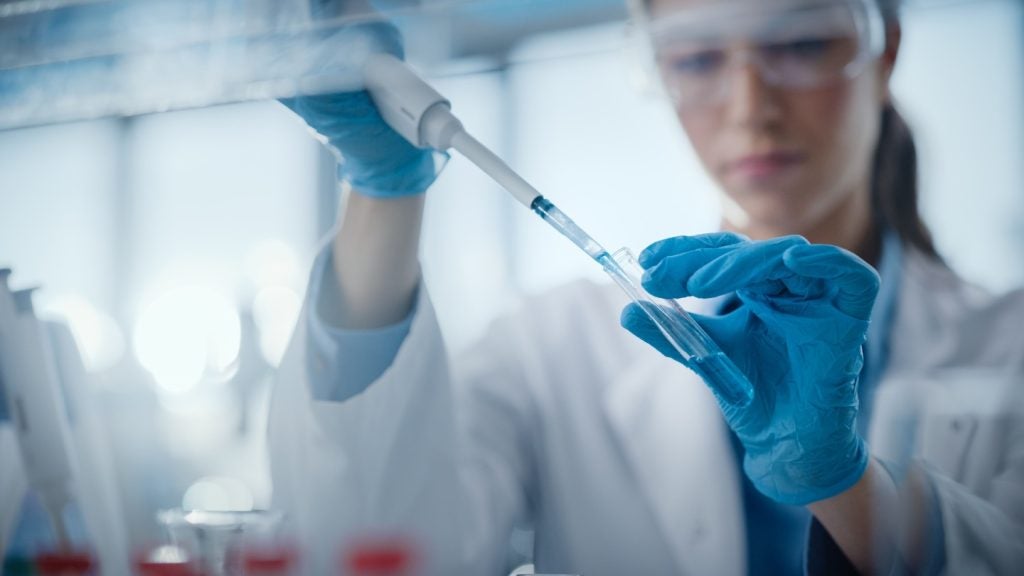
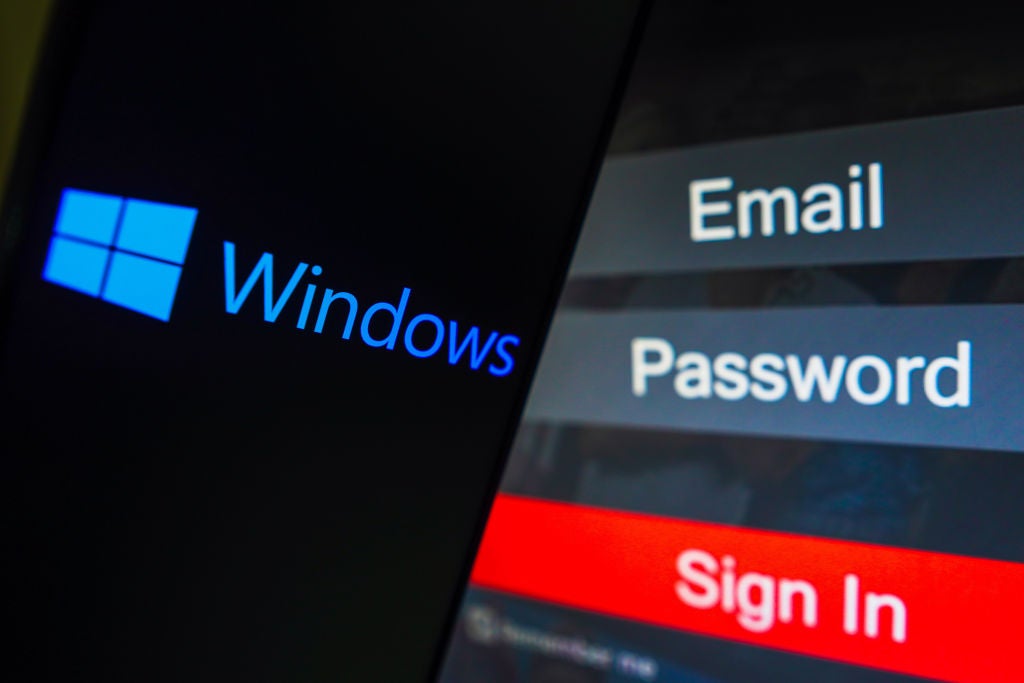
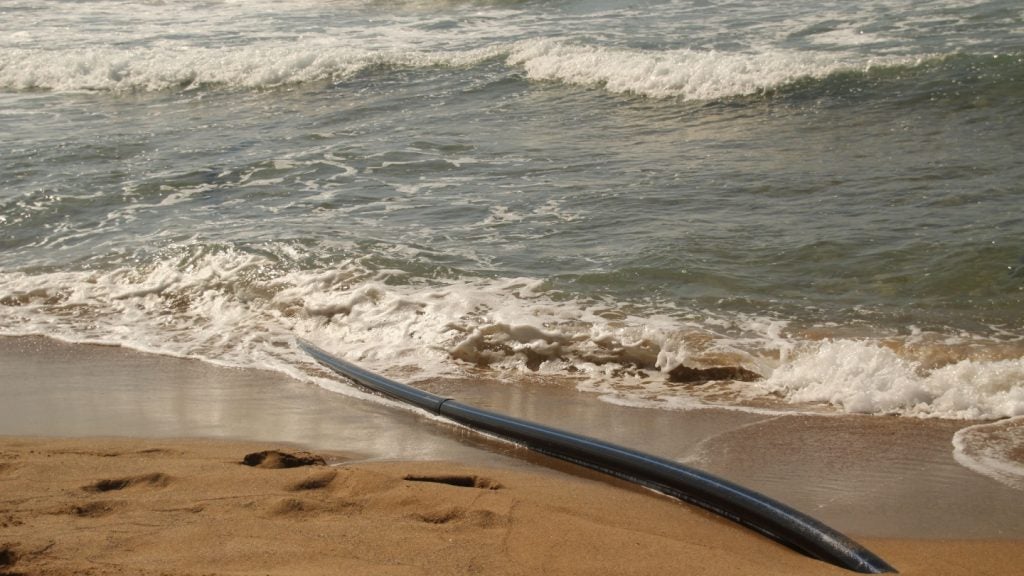
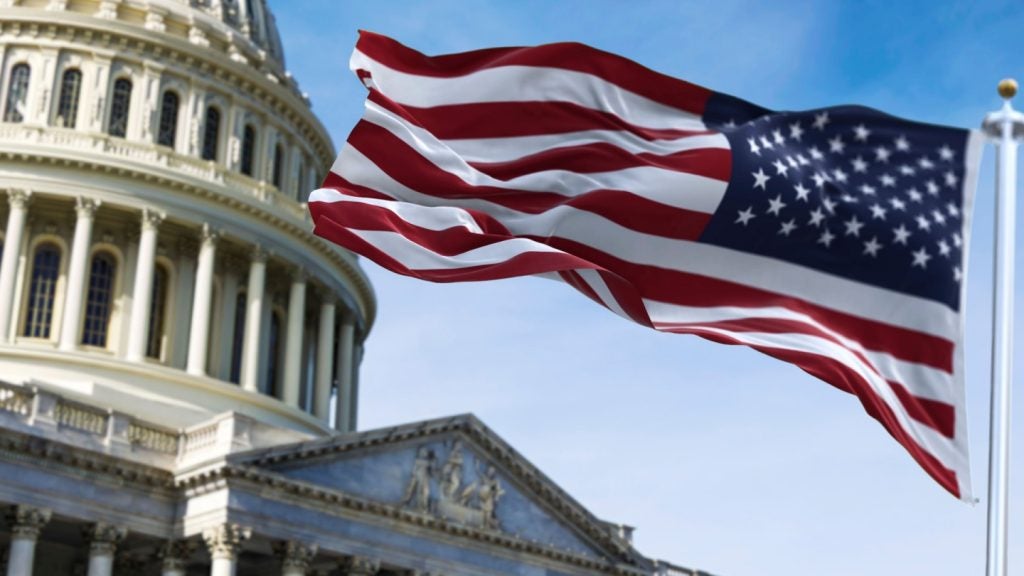

Related Company Profiles
Microsoft Corp